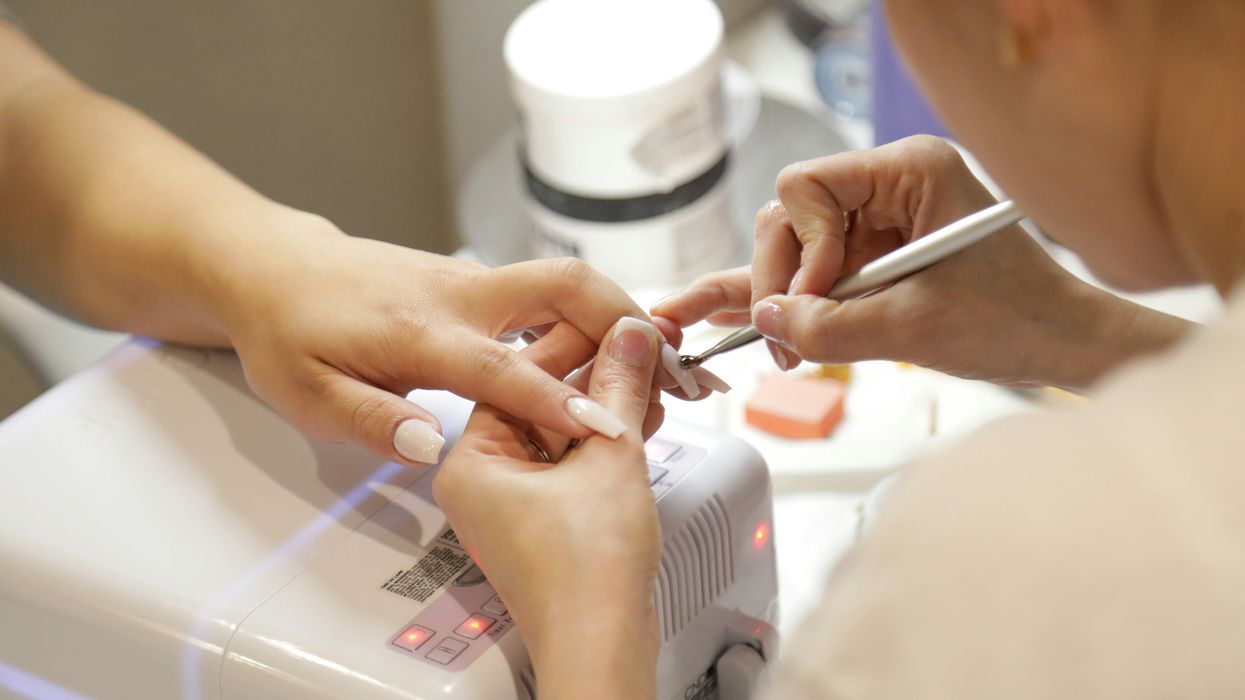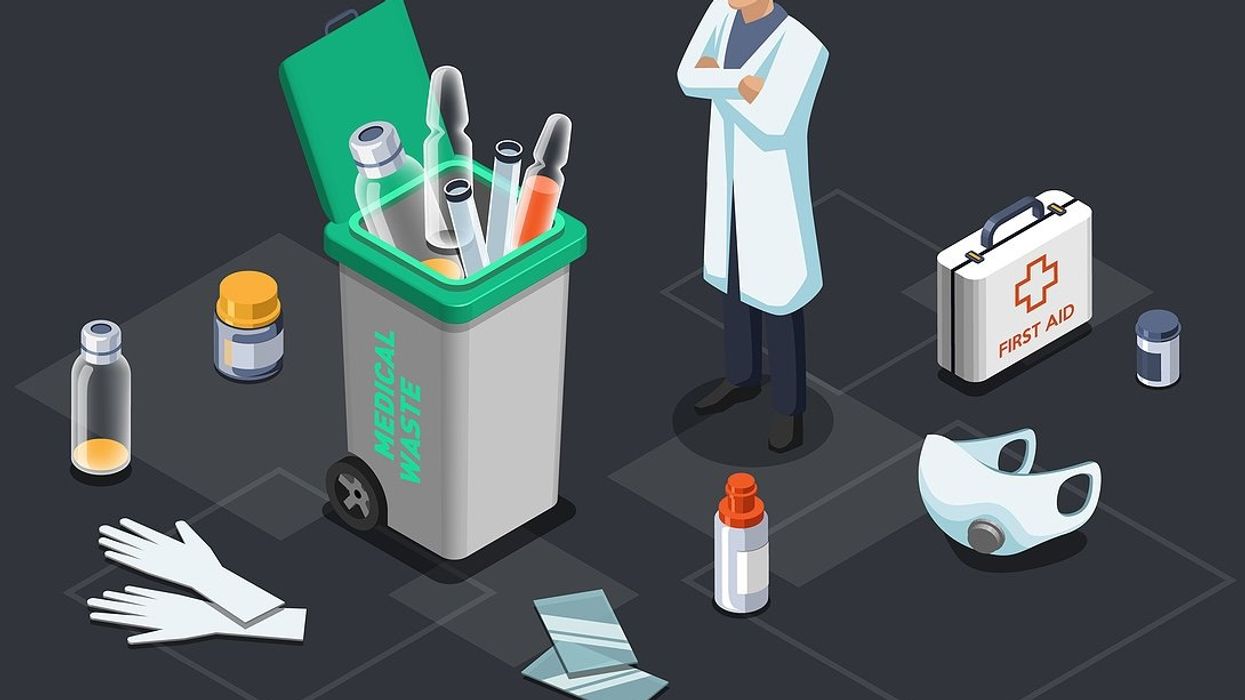The wellness industry, now worth $5.6 trillion, often promotes alternative medicine that lacks scientific support, contributing to misinformation about mental and physical health.
Jonathan N. Stea writes for The Walrus.
In short:
- A study found 33% of TikTok videos with mental health advice were misleading and garnered more attention than helpful content.
- The wellness industry blends pseudoscience with legitimate health practices, making it hard to distinguish between evidence-based treatments and unsupported claims.
- “Conspirituality” combines far-right conspiracies with wellness, spreading dangerous health misinformation.
Key quote:
"Baked into alternative medicine are moralizing attitudes handed down from the early evolution of the wellness industry. It has its own tropes to propagate distrust in mainstream health care—and its own fallacies to cajole audiences."
— Jonathan N. Stea, author
Why this matters:
Misinformation in the wellness industry not only misleads consumers but also promotes distrust in proven medical treatments. This can delay proper care, especially for mental health, leading to worse outcomes.
Related: Opinion: Harmful beauty standards affect health and well-being















